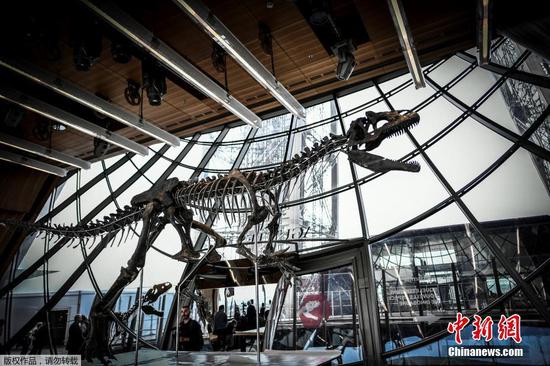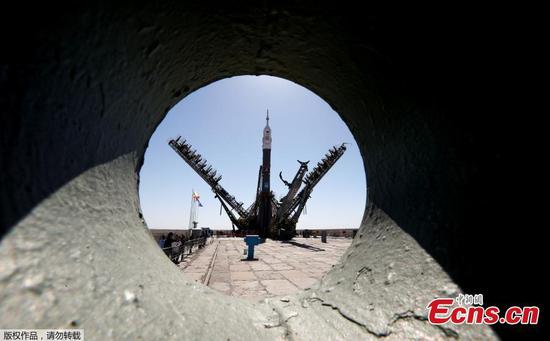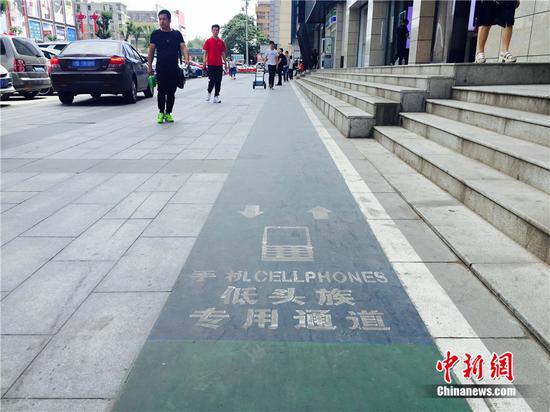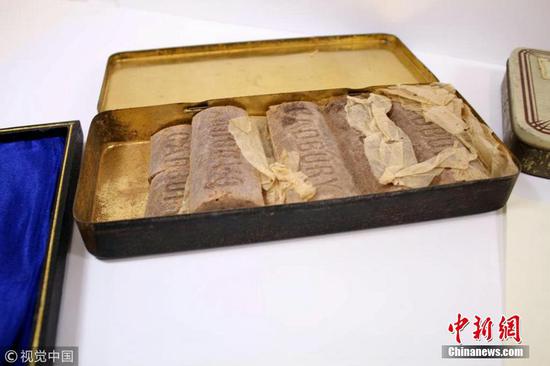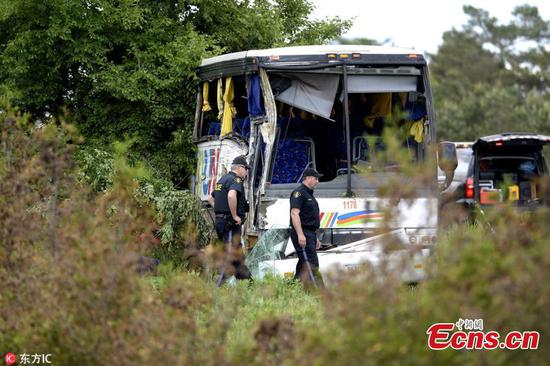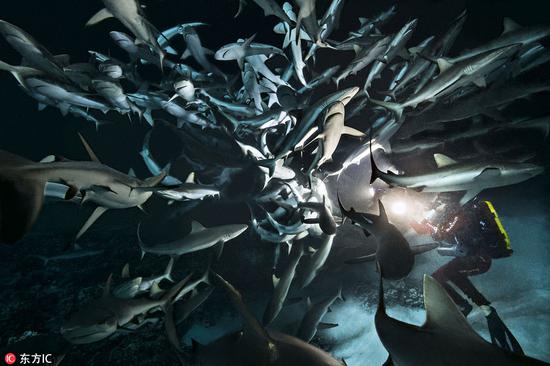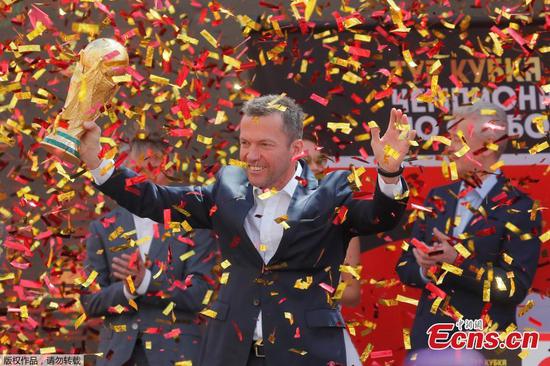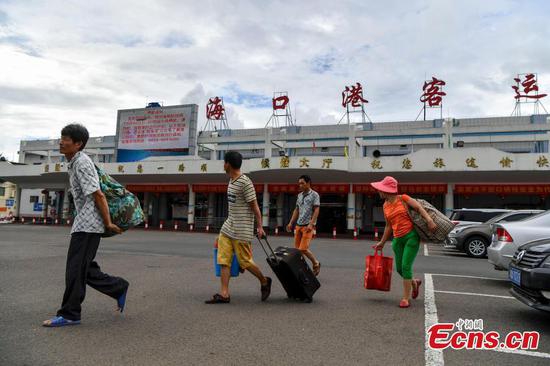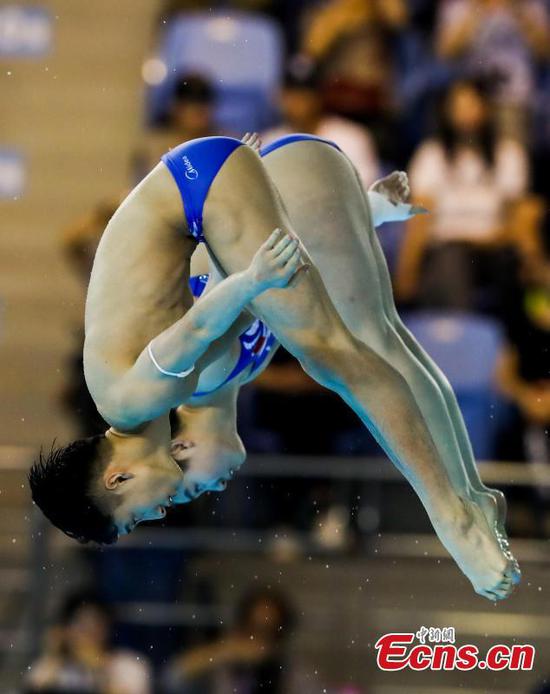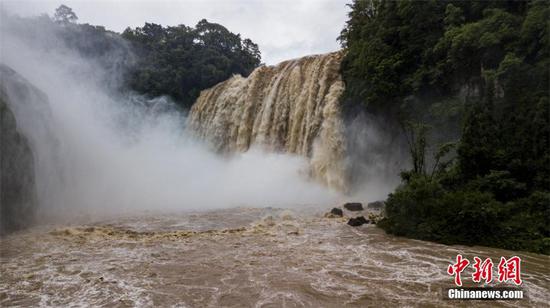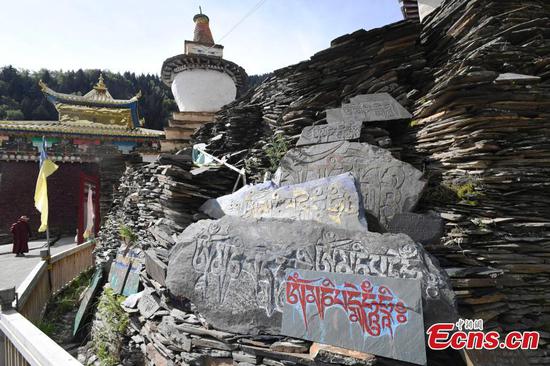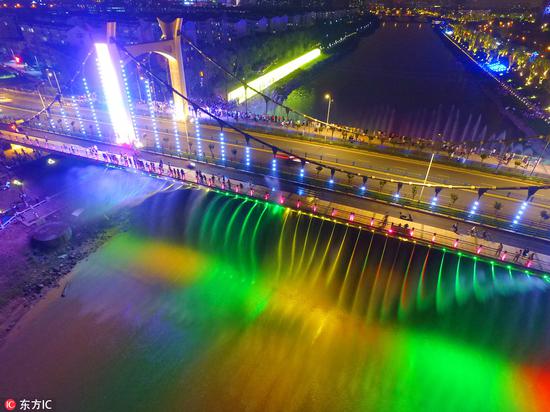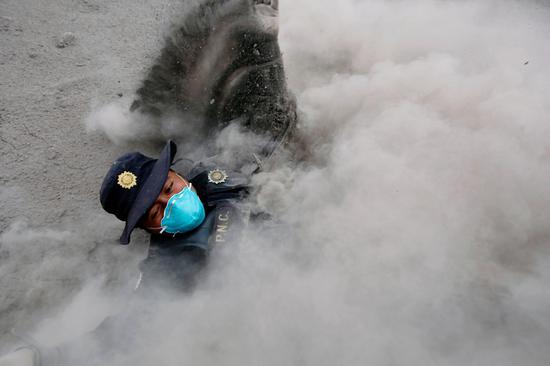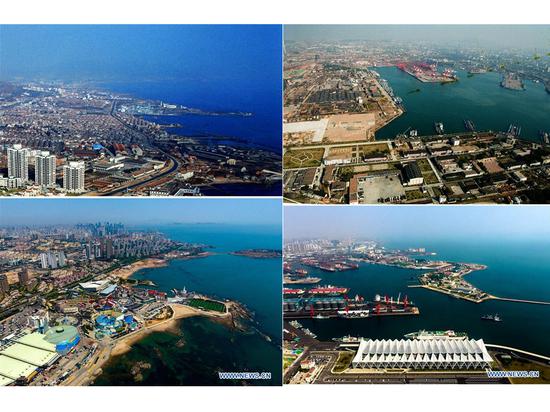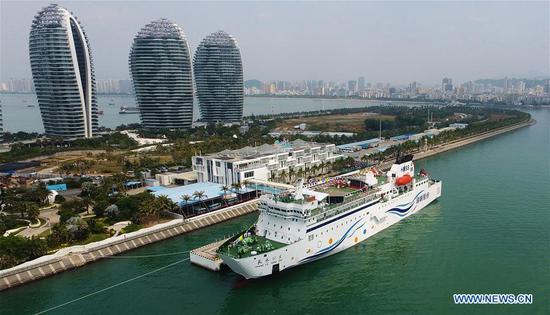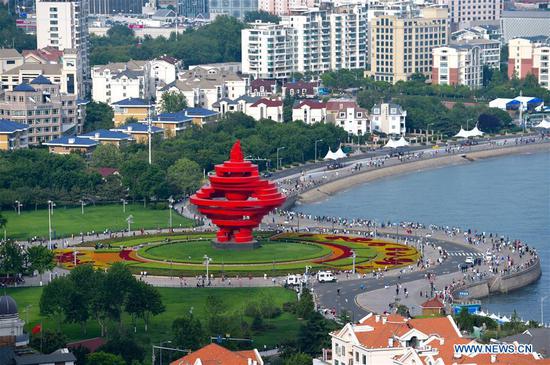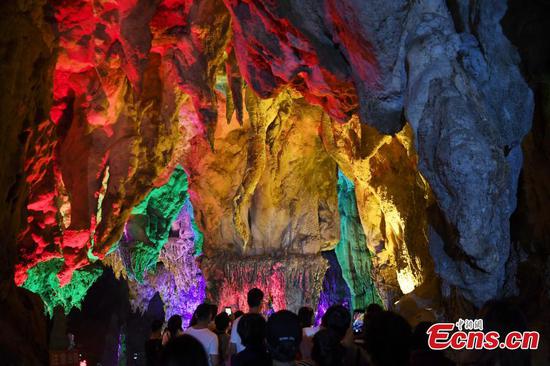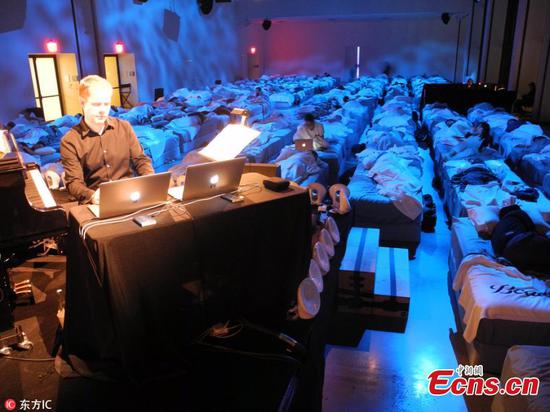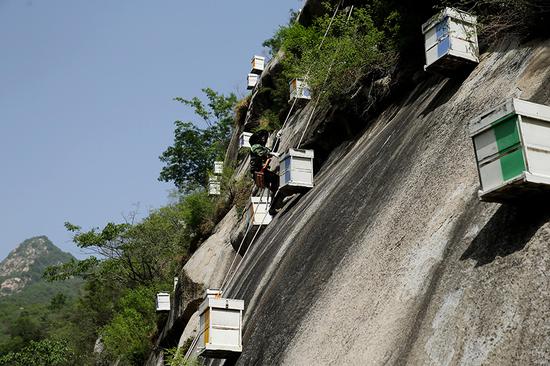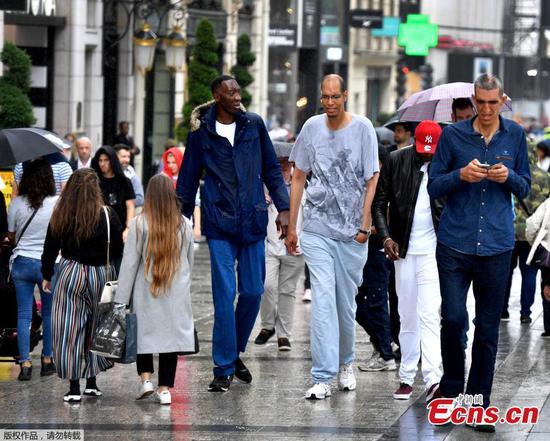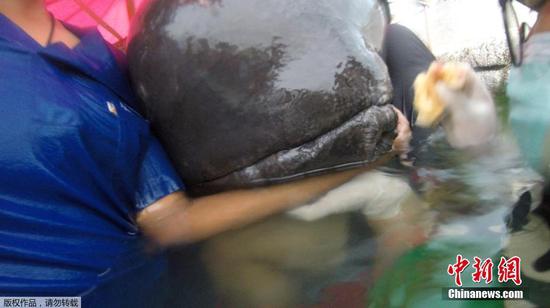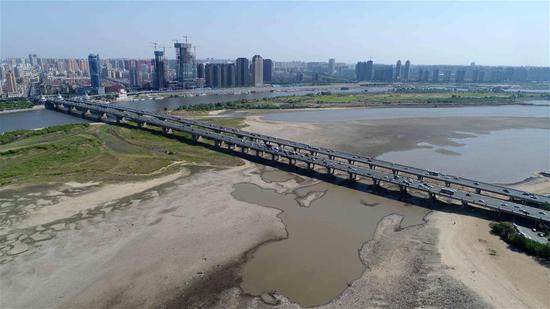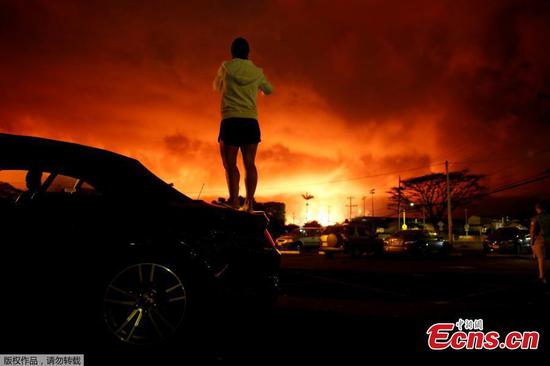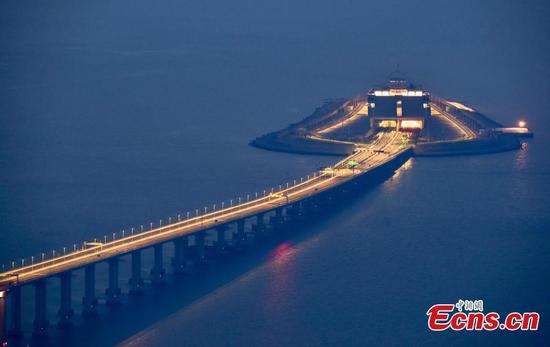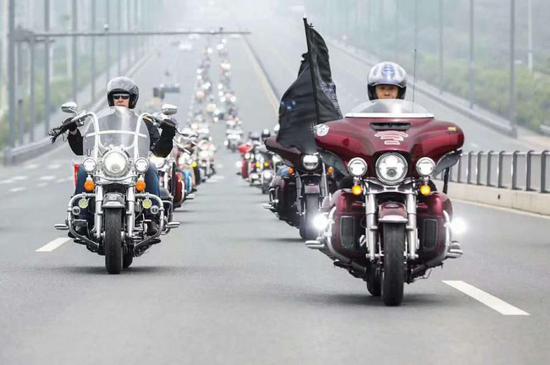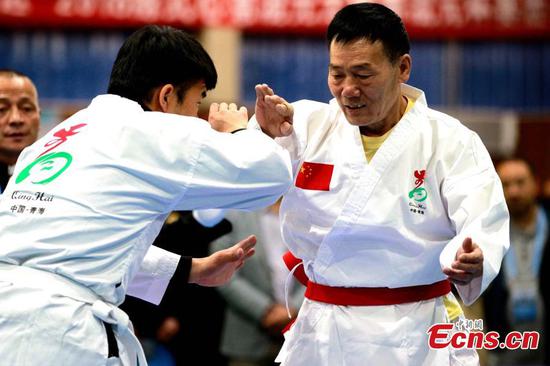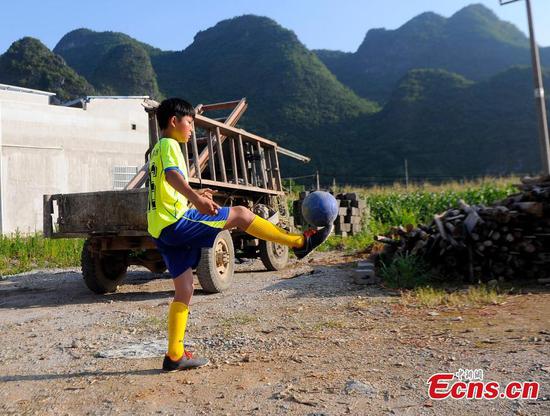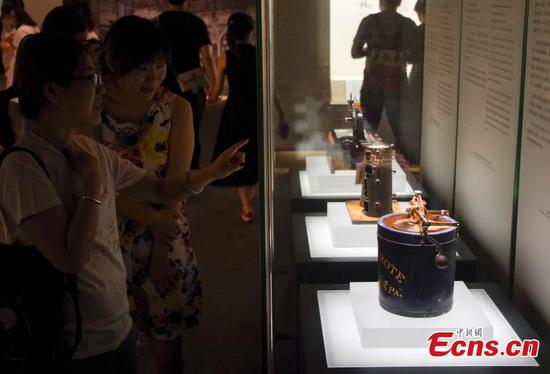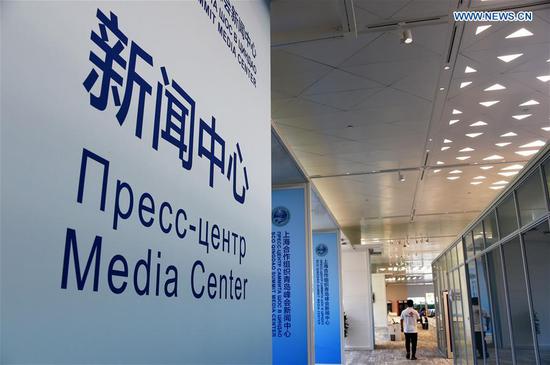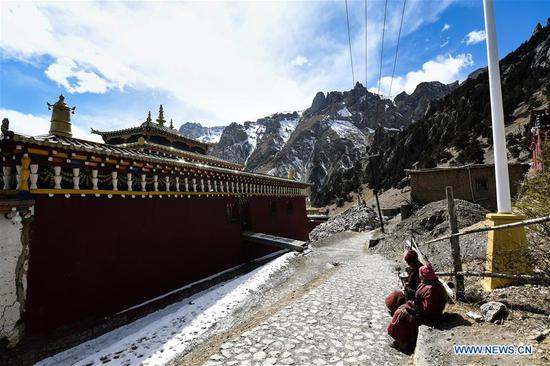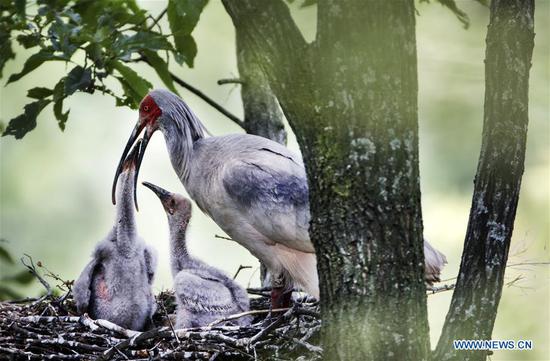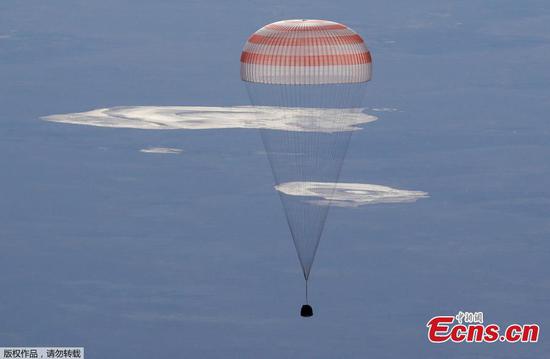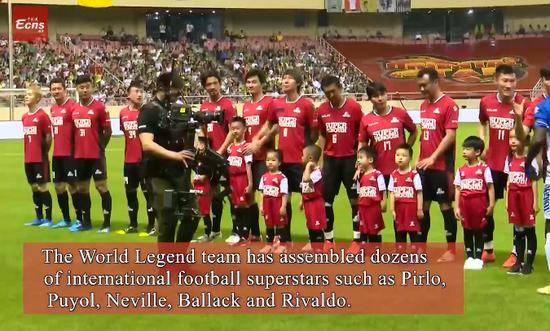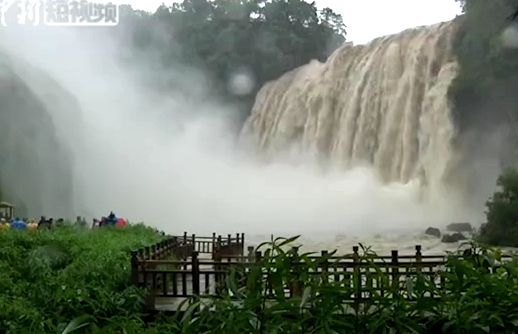A nonaggression treaty between the Democratic People's Republic of Korea and the United States will not be discussed until a formal peace treaty is signed, the presidential Blue House of the Republic of Korea said on Tuesday.
Kim Eui-kyeom, spokesman for ROK President Moon Jae-in, said at a news briefing that discussion is underway on a peace treaty, as U.S. President Donald Trump said.
The spokesman, however, noted that discussion was not underway on the nonaggression issue, saying that if such a discussion were to proceed, it would not be until after a peace treaty.
Moon was reportedly attempting to include a nonaggression pact between the U.S. and the DPRK as a key plank in the declaration to officially end the Korean War.
The Korean Peninsula remains technically at war, as the Korean War ended with armistice in 1953. After holding their first summit on April 27, Moon and Kim Jong-un, the DPRK's top leader, agreed to alter the current armistice agreement into a peace treaty by year's end. Moon's spokesman said the nonaggression issue will be discussed after declaring an end to the war.
The spokesman said the ROK is preparing for an advance team's visit to Kaesong, an inter-Korean border town in the DPRK, to set up a joint liaison office with the DPRK.
The highly anticipated summit between Kim Jong-un and Trump is now scheduled for 9 am Singapore time on June 12, the White House said on Monday.
The U.S. "advance team"-which features military, security, technical and medical staff-were already on the ground in Singapore "finalizing logistical preparations and will remain in place until the summit begins", White House spokeswoman Sarah Huckabee Sanders said.
Noting that the U.S. is "actively" preparing for the meeting, she said the U.S. delegation in the Demilitarized Zone along the inter-Korean border continues diplomatic negotiations with the DPRK delegation and has made significant progress.
The on-again, off-again meeting was reinstated on Friday after Trump met with Kim Yong-chol, vice-chairman of the Workers' Party of Korea Central Committee, who delivered a personal letter from Kim Jong-un to Trump.
Sanders said the U.S. has not abandoned its "maximum pressure" policy on Pyongyang. "Our policy hasn't changed," she said, adding that "as the president stated, we have sanctions on. They're very powerful, and we would not take those sanctions off unless North Korea denuclearized".
Also on Monday, the UN nuclear agency said it is ready to inspect the DPRK's nuclear program "if it is authorized to play an essential role in the issue after a political deal is reached".
Yukiya Amano, director general of the International Atomic Energy Agency, said if a possible political agreement could be reached, after the Kim-Trump summit, the IAEA may be authorized to get access to the DPRK's nuclear site to carry out verification task.
The DPRK dismantled the Punggye-ri nuclear test site last month under witness of foreign journalists.









